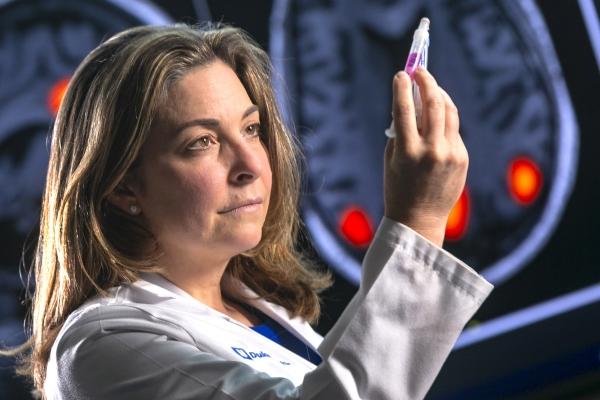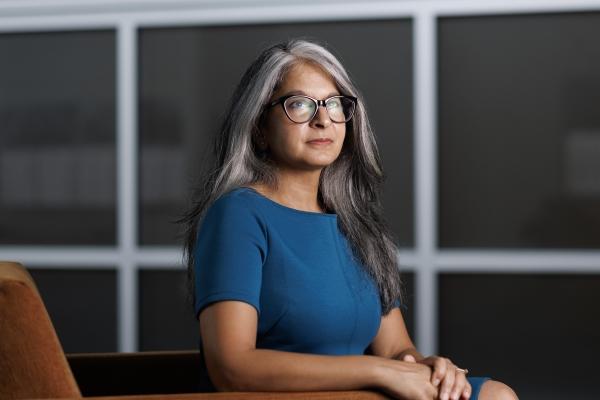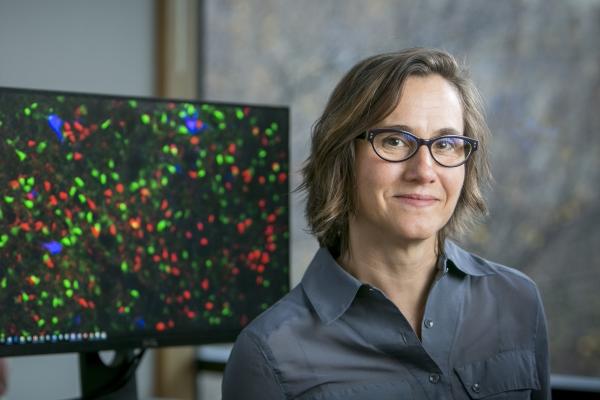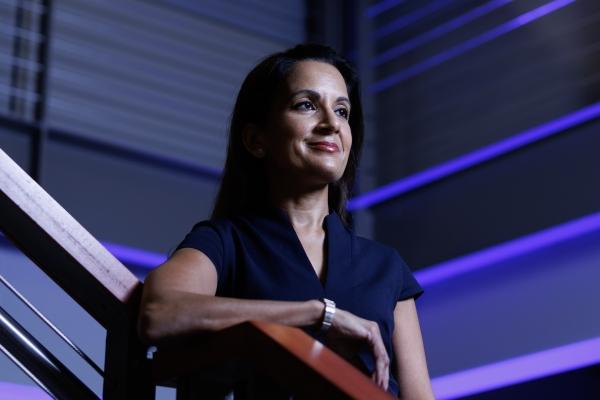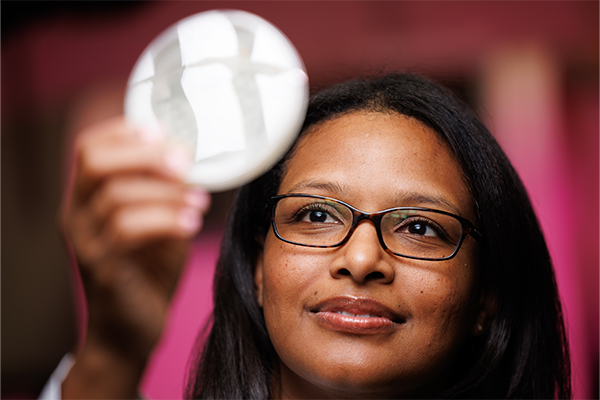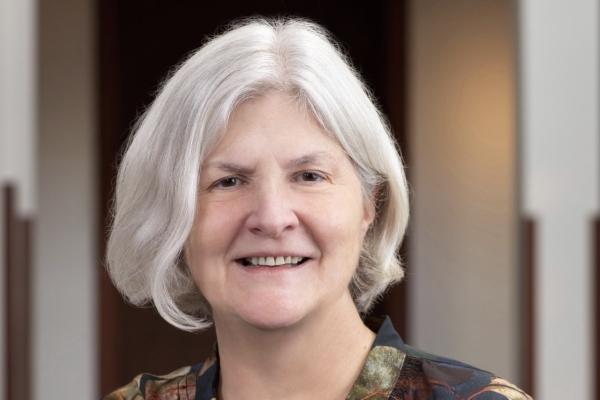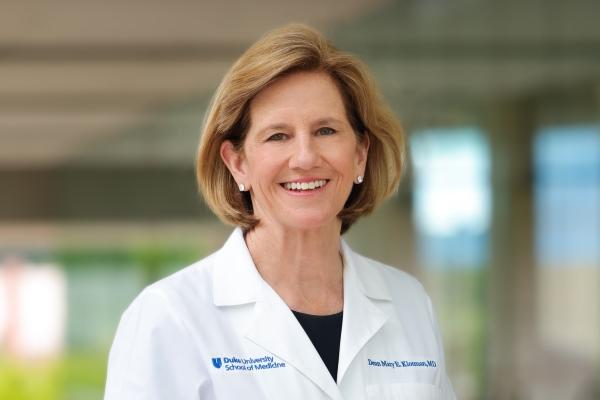What Comes Next: Health Equity
Kimberly Johnson, MD, MHS’05, HS’00-’02, is the Brenda E. Armstrong, MD Distinguished Professor in medicine and geriatrics. She emphasizes the need to shift health care disparities research from documenting disparities to developing interventions that improve equity, particularly in serious illness care for African Americans.
What Comes Next: Geriatric Medicine
Geriatrician Heather Whitson, MD, is the Duke School of Medicine Distinguished Professor in Neuroscience, the director of the Duke Center for the Study of Aging and Human Development, and the co-director of the Duke-UNC Alzheimer’s Disease Research Center. “For me, the true north is to help people maintain function, independence, quality of life, and resilience,” she says.
What Comes Next: Vaccines
Dr. Kevin Saunders, a leader at the Duke Human Vaccine Institute, highlights the advancements in vaccine research, emphasizing the use of computational design, AI, and mRNA technology. Duke is at the forefront with significant progress in HIV, coronavirus, and cancer vaccines, and is developing pan-coronavirus and pan-influenza vaccines.
What Comes Next: Medical Education
Dr. Aditee Narayan, a leader in medical education at Duke, spearheaded the Patient First curriculum, emphasizing modern, patient-centered care and interdisciplinary collaboration. She envisions future physicians as change agents, equipped with clinical skills and the ability to innovate and address health care disparities.
What Comes Next: Neuroscience
Nicole Calakos, MD, PhD, is the Lincoln Financial Group Distinguished Professor of Neurobiology and specializes in synaptic physiology research and Parkinson’s disease and other movement disorders. She highlights the transformative impact of big data, AI, and cell modeling on neuroscience research, emphasizing the potential for advances in regenerative therapies and neural prostheses.
What Comes Next: Genomics and Precision Health
Dr. Svati Shah, a leader in cardiovascular genetics at Duke, directs the OneDukeGen program, aiming to sequence 150,000 patients to identify actionable genetic variants. Her vision is a future where genetic sequencing at birth enables precise, equitable healthcare, potentially preventing diseases through advanced gene editing and personalized medical care.
A Scientist's Race Against Fungal Evolution
In a new study, scientists at Duke University School of Medicine have identified a potential new front in the battle against fungal infections, a growing health threat. By determining two structures of a crucial enzyme involved in fungal survival, scientists have pinpointed a pathway that could be key to developing new antifungal drugs.
Addressing the Health Challenges of a Changing Climate
Health experts at Duke University School of Medicine are scrutinizing the myriad ways in which shifting environmental conditions, from sweltering temperatures to severe storms, shape our well-being.
In university laboratories, North Carolina homes and on the coastlines of faraway places, they've learned not everyone is equally at risk. Their efforts involve pinpointing solutions to help those susceptible to environmental disruptions, which could affect respiratory and cardiovascular health, food security, infection resilience, and mental health.
The Deans: Nancy Andrews, MD, PhD
Nancy Andrews, MD, PhD, is Executive Vice President and Chief Scientific Officer at Boston Children's Hospital and Professor in Residence in Pediatrics at Harvard Medical School. She was Dean of the School of Medicine and Vice Chancellor for Academic Affairs at Duke University from 2007-2017.
The Deans: Mary E. Klotman, BS'76, MD'80, HS'80-'85
Mary E. Klotman, BS’76, MD’80, HS’80-85, is Executive Vice President for Health Affairs at Duke University, Dean of Duke University School of Medicine, and Chief Academic Officer for Duke University Health System. She was appointed dean in 2017, after serving for seven years as chair of the Department of Medicine, and re-appointed in 2022.

